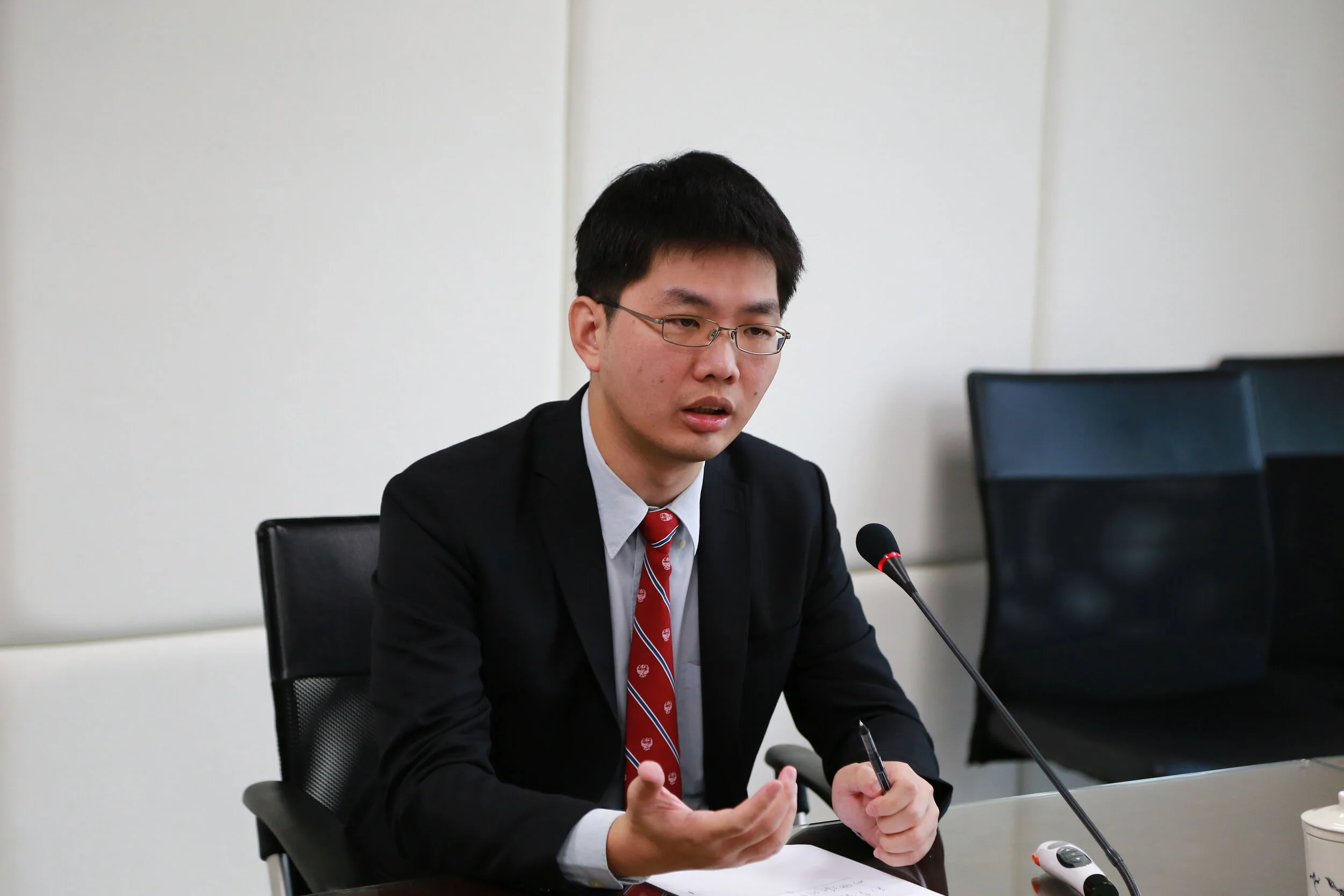The Complex Relationship between Constitutional Idolatry, Literacy and Identity
/Brian Christopher JONES and Maartje DE VISSER
We began this symposium asking three questions that ought to be at the heart of debates about the functions and operation of constitutions: how much value should be attributed to these texts; what is their relationship with state identity and culture…
Read More













![Xx1088_-_Seoul_city_nightscape_during_1988_Paralympics_-_3b_-_Scan [test].jpg](https://images.squarespace-cdn.com/content/v1/5af3f84a4eddec846552ea29/1527486925632-3VZP3ASLAHP1LJI0D9NJ/Xx1088_-_Seoul_city_nightscape_during_1988_Paralympics_-_3b_-_Scan+%5Btest%5D.jpg)
